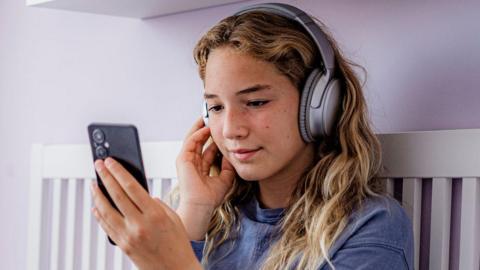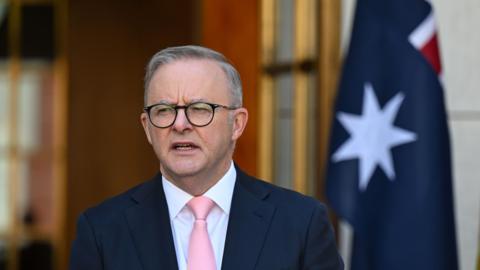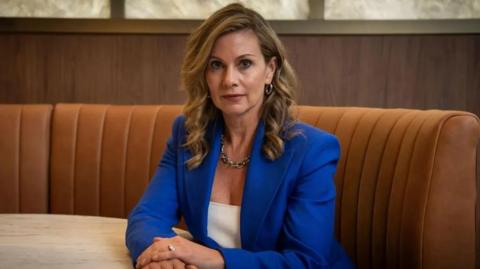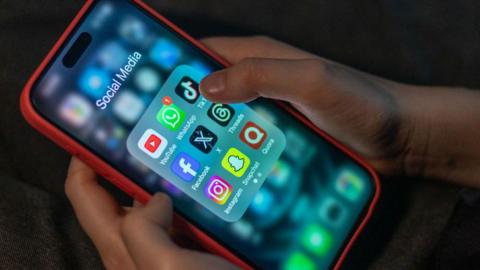Albanese says the ban - which will cover platforms such as X, TikTok, Facebook and Instagram - is about protecting kids from the “harms” of social media.
"This is a global problem and we want young Australians essentially to have a childhood. We want parents to have peace of mind," he said on Thursday.
The new legislation provides a "framework" for the ban. But the 17-page document, which is expected to head to the Senate next week, is sparse on detail.
Instead, it will be up to the nation’s internet regulator - the eSafety Commissioner - to hash out how to implement and enforce the rules, which will not come into effect for at least 12 months after legislation is passed.
According to the bill, the ban will apply to all children under 16 and that there will be no exemptions for existing users or those with parental consent.
Tech companies will face penalties of up to A$50m ($32.5m; £25.7) if they do not comply, but there will be exemptions for platforms which are able to create “low-risk services" deemed suitable for kids. Criteria for this threshold are yet to be set.
Messaging services and gaming sites, however, will not be restricted, as will some sites that can be accessed without an account like YouTube, which has prompted questions over how regulators will determine what is and isn’t a social media platform in a fast-moving landscape.
A group representing the interests of tech companies such as Meta, Snapchat and X in Australia has dismissed the ban as “a 20th Century response to 21st Century challenges”.
Such legislation could push kids into “dangerous, unregulated parts of the internet”, Digital Industry Group Inc says - a fear also expressed by some experts.



